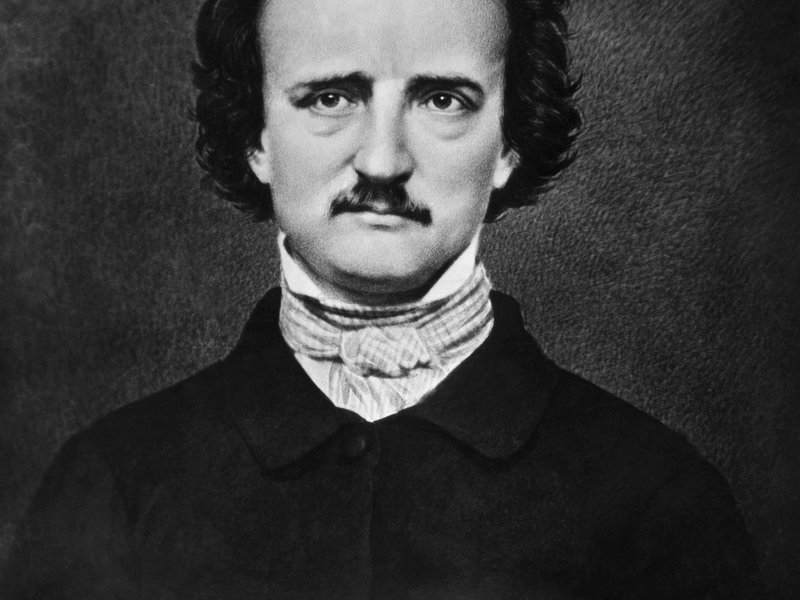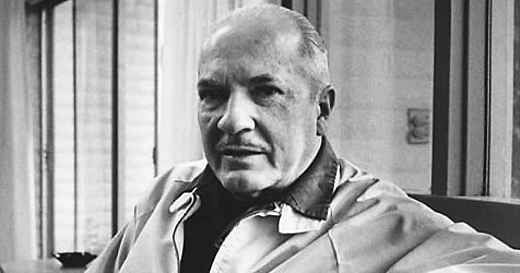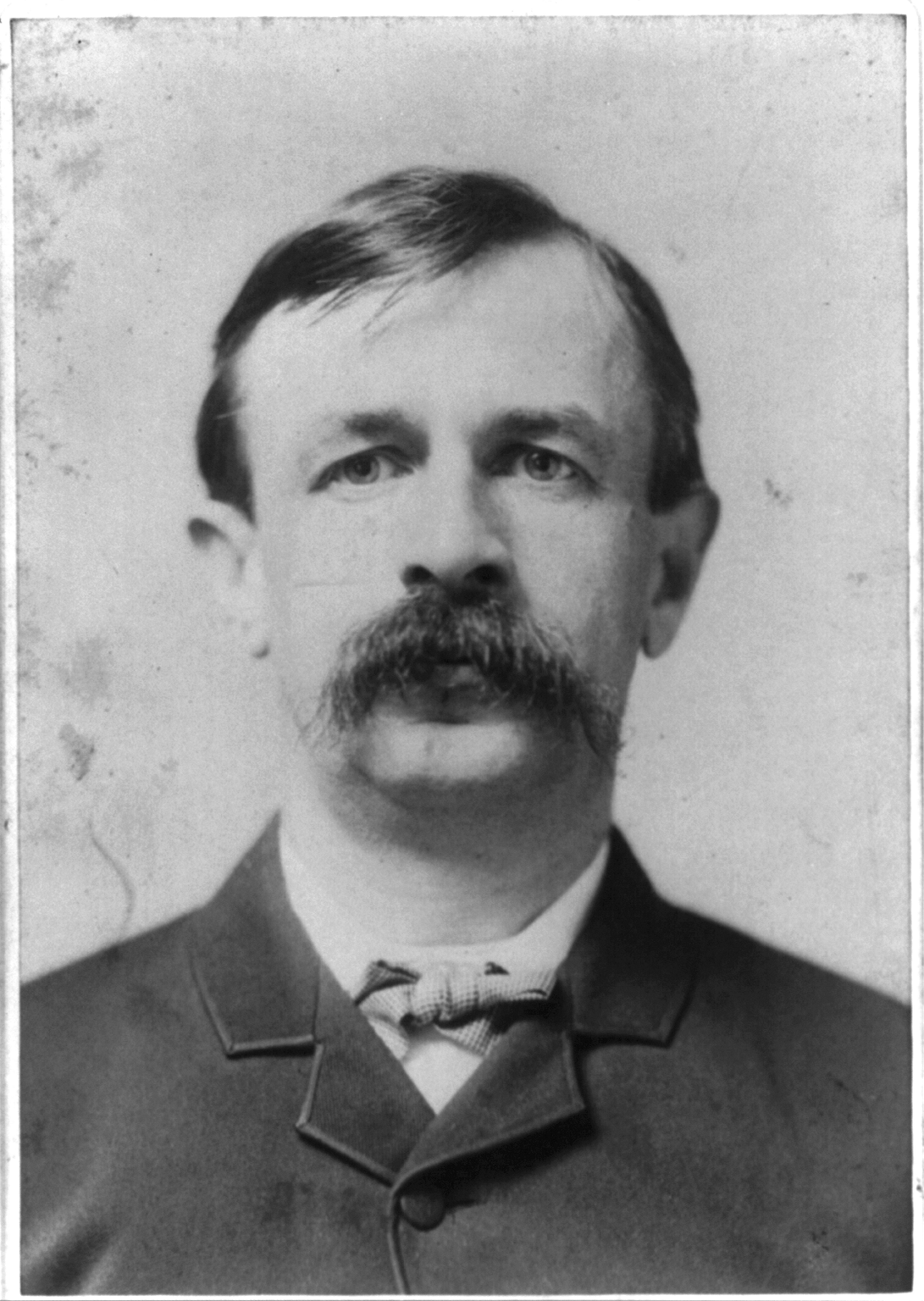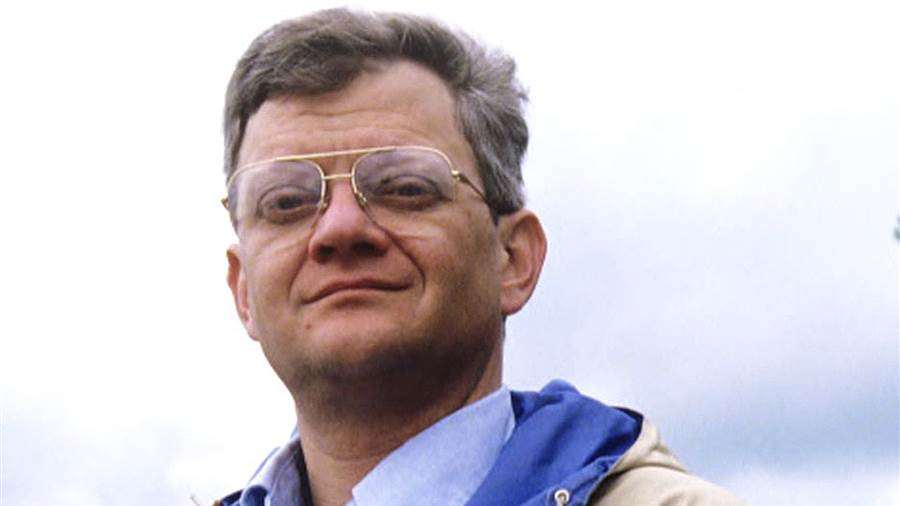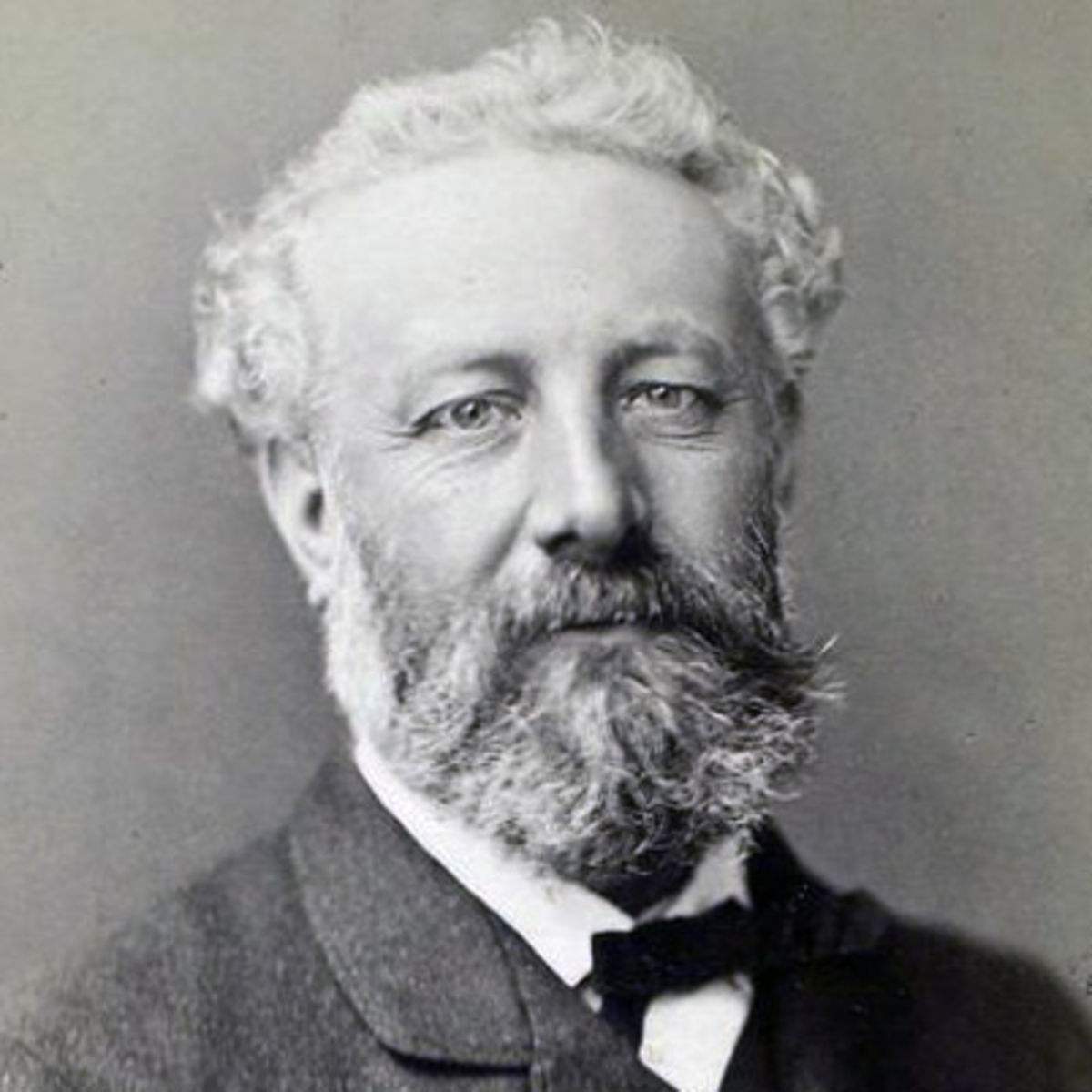Looking back over the course of history is one of the easiest ways that we can get better acquainted with our ancestors and social activity. When it comes to the future, however? It’s not such an easy case. While we might have an idea of how things are going to play out in the coming months, predicting the future is practically impossible. That is, of course, unless you’re a sci-fi writer. These sci-fi writers might have painted pictures of dystopian futures and strange happenings but in a number of their writings, they managed to predict what would actually happen. They might not have known it at the time, but while they were creating versions of an imagined future, they actually uncovered events that were yet to unfold.
- Edgar Allen Poe
One of the most famous American writers of all time, Edgar Allen Poe continues to amaze readers with his chilling prose and gripping storylines. While many of his stories revealed the dark side of an imagined world, there have been aspects of truth in his works that have hit a little too close to home. “The Narrative Of Arthur Gordon Pym of Nantucket”, Poe’s only complete novel, talks of a group of men who find themselves under attack at sea. The two survivors are left stranded in the ocean and end up drawing straws to see who will cannibalize the other in order to survive. The grisly tale was just a far fetched story at the time but years later, it came to life. Only 46 years after it was published, a group of sailors found themselves stranded at sea under the same circumstances, killing one of their own in order to stay alive.
- Robert A. Heinlein
World War II was one of the most devastating events in history, affecting practically every part of the world. While people at the time might have seen it coming, few were able to predict events quite as clearly as writer Robert A. Heinlein. In 1940, the writer spoke of how the United States would invent a nuclear weapon in order to end the war and a bring about a dystopian future in which ruling nations would create an arms race in order to gain the upper hand, much like the Cold War. The novel was chillingly close to reality, representing what was to come in the following years.
- Edward Bellamy
We all want to know how generations in a hundred years or so are going to live. Sci-fi writer Edward Bellamy managed to get closer to reality than anyone in history, hitting the nail on the head with his portrayal of future generations. Writing in 1888, Bellamy created a portrait of generations in the year 2000. The writer believed individuals would carry cards that allowed them to buy anything they wanted, anywhere they wanted to go, much like credit cards. Bellamy also alluded to receipts and shopping malls, uncovering the more mundane elements of future life.
- Tom Clancy
Looking a little further to home, writer Tom Clancy is known for his literary portrayals of the near future. In chilling 1994 novel “Debt of Honor”, for example, Clancy writes about a Boeing 747 that flies through the U.S. capitol building as a political statement, bringing up inevitable comparisons to 9/11. His video game “Ghost Recon” got even further to the truth, representing a Georgian-Russian war that was to take place in reality just a few months after it was released.
- Jules Verne
As well as being one of the most celebrated writers in the world, Jules Verne did his fair share for the future, accurately predicting a number of inventions. In the mid-1800s, Verne was already writing about a future in which people were obsessed with technology, and just a few years later, he accurately described spacecraft that could be propelled beyond the earth. As well as this, he has accurately predicted a number of real inventions, pinpointing the way that mankind would go in the coming decades.


